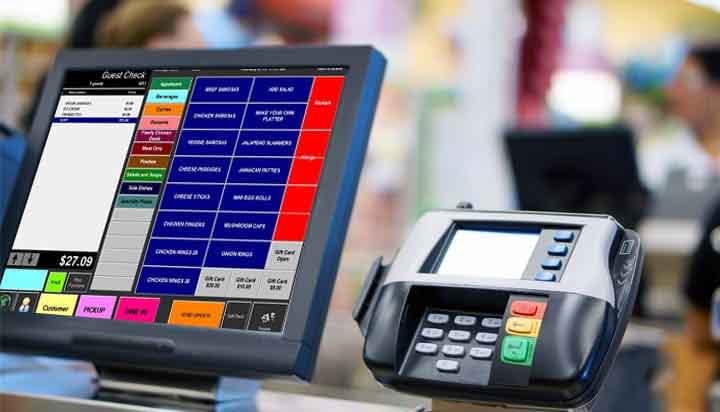Managing inventory can either save your business money—or quietly drain it. Whether you’re running a small shop or a growing chain, staying in control of stock levels and minimizing unnecessary waste is essential. One of the smartest ways to do this today is by using a point of sale system that does more than just process transactions.
Let’s break down how POS systems can make your inventory smarter, reduce overstocking, and help you avoid costly waste.
1. Real-Time Inventory Updates That You Can Trust
Manual inventory tracking often leads to errors, delays, or oversights. But with a modern POS system, every sale instantly adjusts the inventory count. That means you’re not guessing what’s left in stock—you know. This visibility helps reduce the risk of selling items you no longer have or missing out on sales because you thought an item was out when it wasn’t.
2. Stop Stocking What Doesn’t Sell
Too much inventory means tied-up capital and higher chances of waste—especially if your items expire or go out of season. A good POS system helps identify slow-moving products early. By reviewing sales patterns, you can order smarter, avoid surplus, and stop waste before it starts.
3. Automatic Alerts to Reorder Smarter
Running out of your best-sellers can frustrate customers. POS systems can notify you when key products are running low, or even trigger a reorder automatically. This ensures you restock on time without the need to constantly check shelves or rely on memory.
4. Prioritize What Needs to Sell First
If your business deals with perishables or seasonal inventory, managing shelf life is critical. Some POS systems can track expiration dates, allowing staff to move those items first through promotions or priority placement. This cuts down on spoilage and turns potential waste into sales opportunities.
5. Cut Down on Shrinkage and Unknown Loss
Inventory shrinkage—often caused by theft, misplacement, or human error—can be reduced through clear tracking. Since POS systems log every transaction, return, and adjustment, it’s easier to spot patterns and fix problems quickly. That added accountability can also deter internal losses.
The Bottom Line
Inventory mistakes cost money. Waste costs even more. If you want to operate more efficiently, reduce unnecessary costs, and serve your customers better, upgrading to a smarter POS system is a practical step forward.
By using a point of sale system that supports detailed inventory tracking, you’re not just simplifying your process—you’re building a leaner, more sustainable business.


